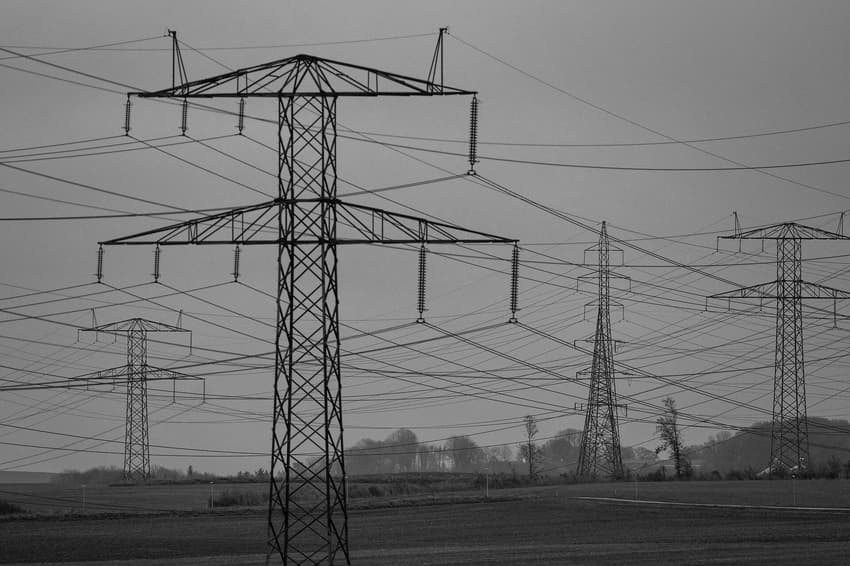Danish regulator says electricity companies earn ‘excessive’ profits

A Danish regulator has said that companies that control the Danish electric grid are charging excessive prices, according to a media report.
The Danish Utility Regulator (Forsyningstilsynet) says that companies that control the Danish electric grid are charging excessive prices, newspaper Politiken reports.
The Utility Regulator is a government agency charged with monitoring electricity, gas, district heat and waste services.
“There is clearly some potential for improvement. There is an opportunity for consumers to get off cheaper,” the agency’s director Carsten Smidt told Politiken.
Copenhagen-based company Radius has made a profit of 3 billion kroner per over the last five years, according to the report.
Bases on this, consumer rights organisation Forbrugerrådet Tænk filed a case with the Utility Regulator, which acts as a competition watchdog for the Danish energy sector.
The head of the board at Radius told Politiken the company was being run in accordance with market standards.
The price of electricity increased by 83 percent in Denmark last year, primarily as a result of high gas prices.
Radius, along with grid operators in other regions including Trefor and Vores Elnet, have announced that their tariffs will go up at certain peak times from this year.
The tariff increases will affect all customers, regardless of whether they are on fixed or variable payment plans for their electricity.
Tariffs cover the cost of transport, operation and maintenance of the electricity network.
The energy grid operators have monopolies in the areas in which they operate, but customers can higher tariffs by changing usage habits.
An electricity bill takes into account tariffs, the raw electricity price, VAT and other taxes.
READ ALSO: How do I check my Danish electricity plan and decide whether to change?
Comments
See Also
The Danish Utility Regulator (Forsyningstilsynet) says that companies that control the Danish electric grid are charging excessive prices, newspaper Politiken reports.
The Utility Regulator is a government agency charged with monitoring electricity, gas, district heat and waste services.
“There is clearly some potential for improvement. There is an opportunity for consumers to get off cheaper,” the agency’s director Carsten Smidt told Politiken.
Copenhagen-based company Radius has made a profit of 3 billion kroner per over the last five years, according to the report.
Bases on this, consumer rights organisation Forbrugerrådet Tænk filed a case with the Utility Regulator, which acts as a competition watchdog for the Danish energy sector.
The head of the board at Radius told Politiken the company was being run in accordance with market standards.
The price of electricity increased by 83 percent in Denmark last year, primarily as a result of high gas prices.
Radius, along with grid operators in other regions including Trefor and Vores Elnet, have announced that their tariffs will go up at certain peak times from this year.
The tariff increases will affect all customers, regardless of whether they are on fixed or variable payment plans for their electricity.
Tariffs cover the cost of transport, operation and maintenance of the electricity network.
The energy grid operators have monopolies in the areas in which they operate, but customers can higher tariffs by changing usage habits.
An electricity bill takes into account tariffs, the raw electricity price, VAT and other taxes.
READ ALSO: How do I check my Danish electricity plan and decide whether to change?
Join the conversation in our comments section below. Share your own views and experience and if you have a question or suggestion for our journalists then email us at [email protected].
Please keep comments civil, constructive and on topic – and make sure to read our terms of use before getting involved.
Please log in here to leave a comment.